
The Birmingham March for Life is on Saturday: see the full details of the day's event
here. The march itself is from 2pm but the day starts with Masses and talks from 9am. It's huge and important; please go if you can.
I'm reposting below my comments from November 2013 on Ann Furedi's talk in support of abortion which took place in Oxford.
--------------------------------------------
Last night I attended a debate organised by
Oxford Students for Life. They invited Ann Furedi, head of the country's biggest abortion provider, BPAS; she was opposed by
Sarah de Nordwall. I was very impressed, with my experience of abortion debates in the Oxford Union, at the good natured and rational quality of the discussions; this is a great credit to the organisers and their supporters (pro-abortion students were also present, in smaller numbers). It was a nice demonstration, in fact, that the hysteria in the abortion debate does not, in the main, come from pro-lifers, despite the strength of feeling on their side of the debate.
I was impressed by Sarah de Nordwall, particularly in the way she handled hostile questions. This blog post, however, which I promised Sarah I would write, is about what Ann Furedi had to say.
Furedi was witty and articulate. She made a number of very interesting concessions at an early stage which helpfully closed off a number of dead-ends for the discussion. She reminded us, for example, that there is no legal right to abortion in English law. Something else very interesting which she said is that until 1990 there was no time-limit on abortions in Scotland, but there were no more late-term abortions there than in England before then. Her point was that women don't want late-term abortions. Pro-lifers may need to consider the efficacy of time-limit legislation as a means to reduce abortion numbers.
 |
| Sarah de Nordwall surrounded by Dominicans |
Furedi's argument for a moral right to abortion turned on two ideas. The first was that moral
personhood is assocatiated with functional attributes, such as self-consciousness. As the debate went on she seemed to back away from this idea somewhat; she didn't want to draw the conclusion, for example, that infanticide was permissible. So her argument came to rely exclusively on the second idea, which is that
for a pregnant woman a moral right to abortion followed from her right to 'bodily integrity'. Actually I think 'bodily self-determination' might be a better term for her intuition here. What happens inside a body, in effect, should be up the owner of the body.
I felt that this argument should have come under more pressure in the debate, and I offer here some objections to it.
1.
The argument appears to generate the conclusions Furedi wants only if the distinct existence and bodily integrity of the fetus is ignored. Given that the fetus has his own body, that brings something else into the equation which needs to be taken into consideration. What right has a women to interfere with another person's body? Furedi appears to think 'none' if the woman is a pro-life activist taking an interest in the fate of a woman considering an abortion (a point she made a number of times), but if the woman is a pregnant mother it appears to be quite different in relation to her unborn child. The first point noted above was designed I suppose to deal with this, but as Furedi conceded it cannot bear the argumentative weight: just because a human can't talk doesn't take away a moral status he would otherwise have. This being so, Furedi's argument seems to defeat itself: if we have the right to bodily self-determination, then the fetus' right would prevent the mother from aborting.
The responses Furedi made to this kind of point consisted of insisting on the lesser moral status of the fetus. Although she wasn't able to make a principled argument for this, she seemed to think it was sufficiently obvious, even while conceding that a fetus has value - more, as she put it, than a goldfish or a cat. But given that the fetus'
life is at stake, and the mother's is not, to say that the fetus weighs less in the scales of value is not enough. I might be obliged to suffer a lot of inconvenience to save the life of, say, a whale, a colony of rare bats, or, come to that, to ensure the continued existence of an historic building.
 |
| Ann Furedi |
2.
The principle of radical bodily self-determination, which Furedi needs, is not plausible, and is not applied in law or in common-sense moral thinking. Examples which show this are suicide and body-integrity disorder. No one has the moral right to commit suicide, which is why we all think that it is permissible for bystanders to save a would-be suicide from (say) drowning, or talk him off the window ledge. (The Samaritans even abandon their normal
'non-directive' counselling for prospective suicides.) Those suffering from body-integrity disorder, who want healthy limbs amputated, do not have the right to undergo the amputations, indeed it would be wrong for a doctor to carry out their wishes. These cases do not even involve the agents directly harming other parties, so
a fortiori it cannot be concluded from our intuition that people are 'in charge of their own bodies', that a mother can harm a fetus enclosed inside her body. Yes, we say casually that we can do what we like with our bodies, but the principle here is a weak one. It may include body-piercing, but it doesn't even extend to experimenting with hard drugs, let alone anything more dramatic or irreversible.
A wider point is about people being (morally) the best judges of their own interests. The statute books are bursting with laws to prevent people making stupid decisions on the basis of what they imagine are their best interests. Everything from building regulations to tobacco duty acknowledges that the law has a role in guiding rational, grown-up and autonomous decision-makers away from bad decisions.
3.
Furedi conceded that some women think of abortion in a moment of confusion and panic, and being better-informed or just a bit calmer they may well change their minds. She also conceded that many women are under intense social pressure to abort baby girls. She appealed to the case of the women who are cool, calm, and collected, and decide rationally to go through with it as being in their best interests. I would have liked to have asked, in light of this, whether making abortion easier, legally or practically, is in the best interests of women overall. It certainly isn't in the interests of the first kinds of cases, who are more likely to do something they later regret, and are easier for others to bully, the easier abortion is to arrange. Even supposing the cool, calm ones are right about their interests (see point two), it is far from clear that this means that a situation should be perpetuated in which many, many others end up being violated in the most horrible way, when they cave in to pressure to have an abortion which they do not want.
Again, compare the case with drugs. Drug users constantly tell us that, in the immortal phrase, 'they can handle it'. Suppose they can - suppose it is true that a certain proportion of users can genuinely derive pleasure from hard drugs without it destroying their lives. As an argument for de-criminalisation this is extremely weak, because everyone can see the drugs users who clearly can't handle it, and making drugs more widely available will cause terrible harm to people in that category.
These parallels are not exact. It is for the pro-abortion advocates to explain, however, what is the principled basis of a moral right to abortion, and why such principles don't lead to counter-intuitive results when applied to other cases.


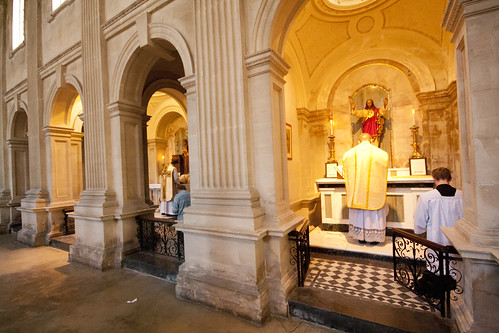
 Kevin Symonds, whose book on the composition of the Prayer to St Michael I recommended on this blog back in 2015, has written another careful, thorough, and sober study of a subject surrounded by conjecture: the 'Third Secret' of Fatima.
Kevin Symonds, whose book on the composition of the Prayer to St Michael I recommended on this blog back in 2015, has written another careful, thorough, and sober study of a subject surrounded by conjecture: the 'Third Secret' of Fatima.

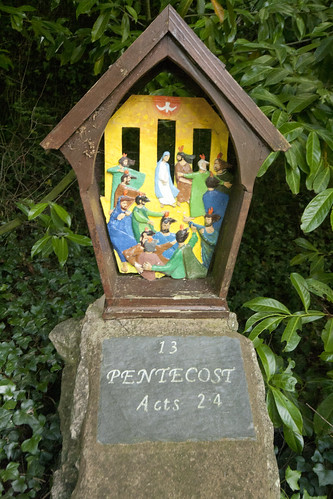





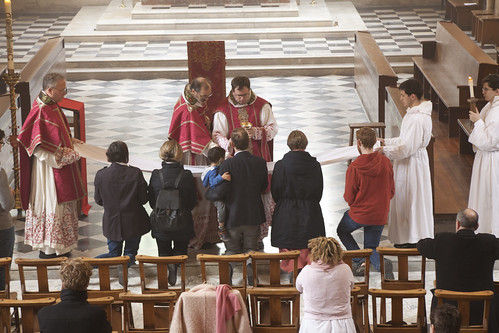


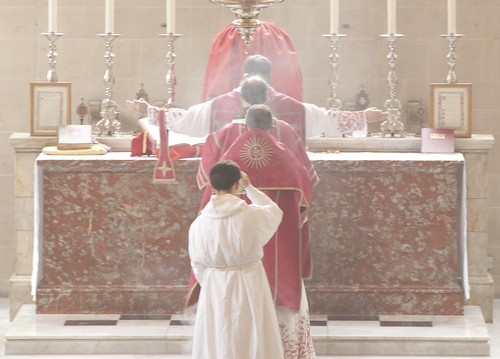
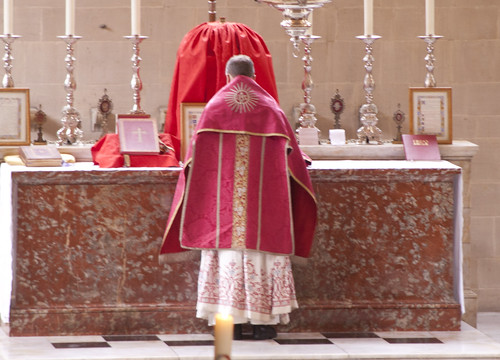
 I've just read a new novel, a first novel, with a Catholic theme: 'The Devil Hates Latin' by Katharine Galgano. It is being published by Regina Magazine. It is really more of a thriller than anything else, involving both the corruption and the graces which characterise the Church of today, and of all ages.
I've just read a new novel, a first novel, with a Catholic theme: 'The Devil Hates Latin' by Katharine Galgano. It is being published by Regina Magazine. It is really more of a thriller than anything else, involving both the corruption and the graces which characterise the Church of today, and of all ages.